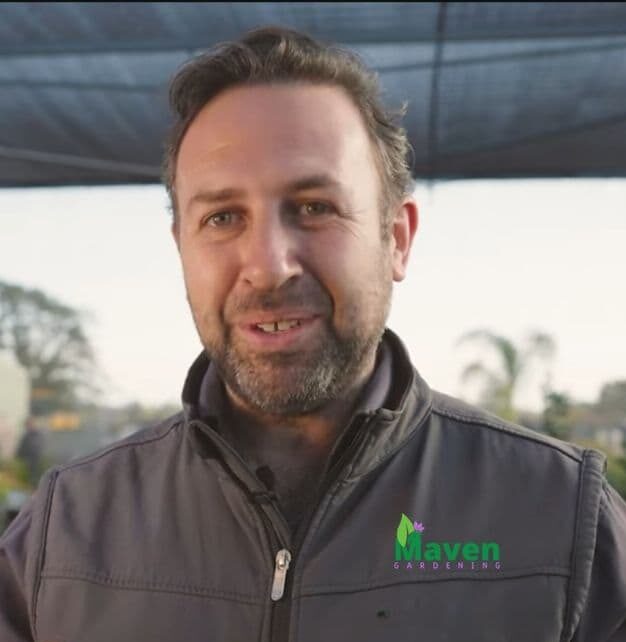
Meet Milan Cole, your urban gardening pro!
Milan Cole, chief content writer at Maven Gardening and an urban gardening expert, is passionate about helping city dwellers cultivate their green thumbs. Armed with extensive horticultural knowledge, Milan provides practical advice for overcoming urban gardens’ challenges, like limited space, water scarcity, and reduced sunlight.
His expertise extends beyond traditional methods, encompassing innovative approaches like hydroponic and aquaponic systems and sustainable gardening practices. Milan skillfully adapts these techniques to urban environments, considering factors like pollution and climate change.
In his clear and concise writing, Milan offers actionable solutions for anyone wanting to bring life to an urban space. He shares valuable insights into growing herbs in tight spaces, maximizing the potential of window boxes, and transforming even the most miniature balconies into thriving green oases.
Milan’s guidance is straightforward and practical, making it ideal for anyone looking to cultivate their own urban garden, regardless of prior experience.
Join Milan Cole on your journey to metropolitan Eden!


